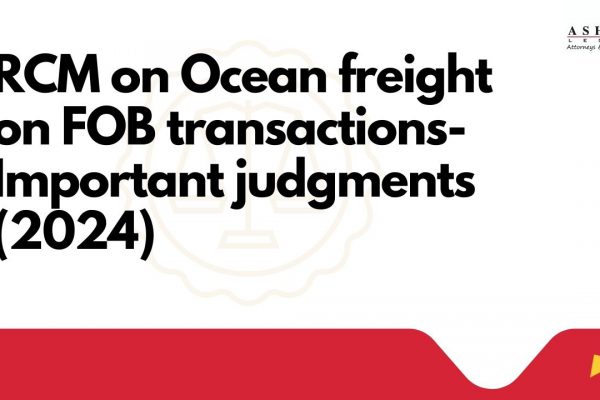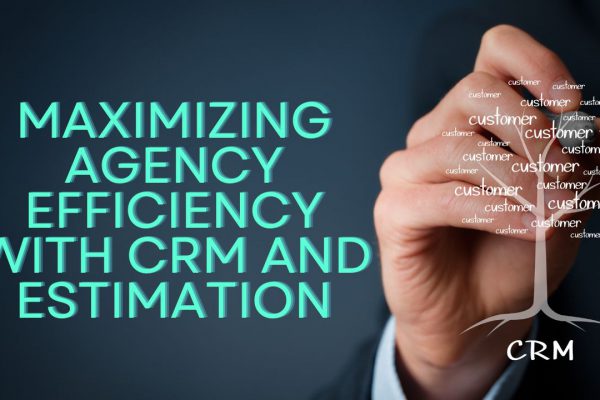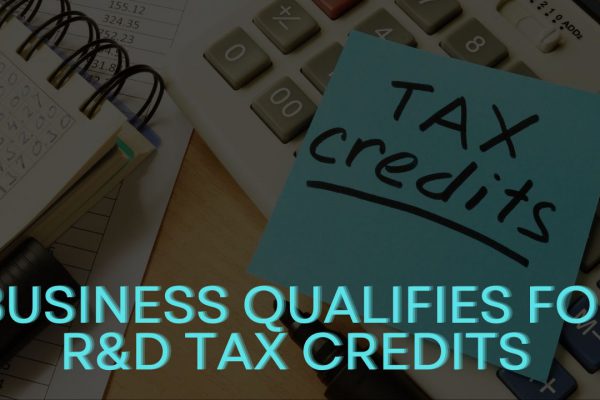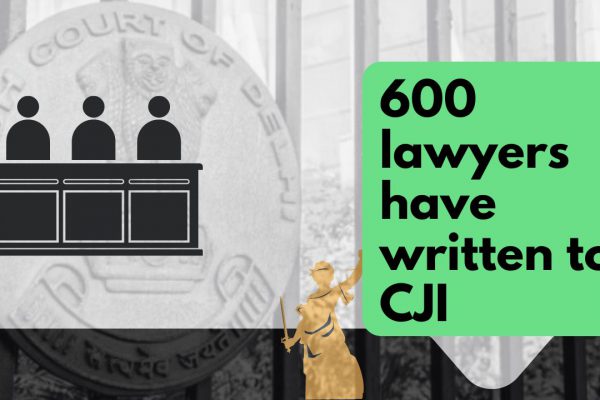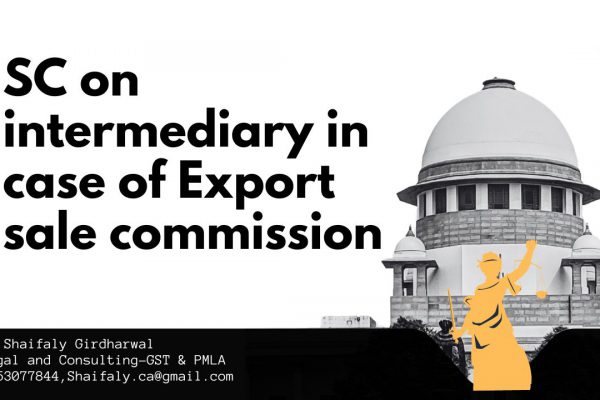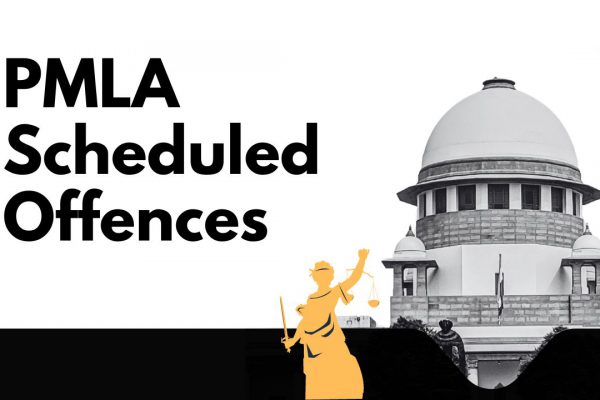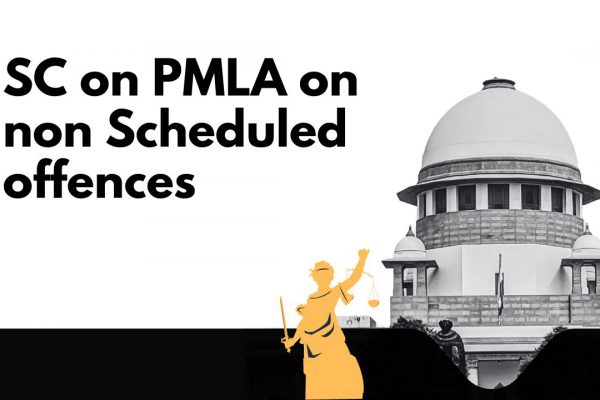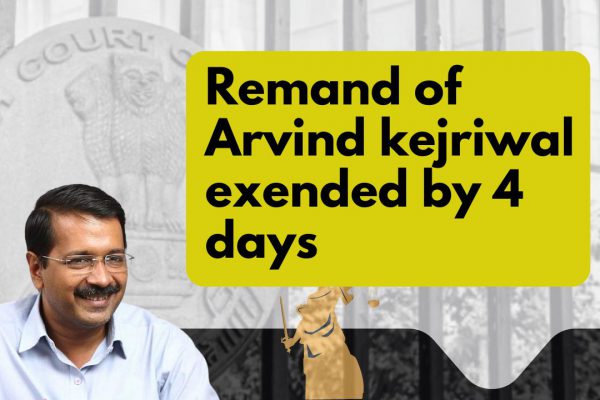Taxability of Legal Services under GST
Taxability of Legal Services under GST (including registration provisions)
Meaning of ‘Legal Services’:
Definition: ‘Legal Services’ means any service provided in relation to advice, consultancy or assistance in any branch of law, in any manner and includes representational services before any court, tribunal or authority– Notification no. 12- Central Tax(CT) (Rate) dated 28.06.2017.
Analysis:
- Legal Services can be any service which an ‘advocate’1 (including a ‘senior advocate’2)/firm of advocates’ provide during the course of practice. Examples:
- Advice or representation even before any government authority (say Municipal Corporation in relation to land dispute).
- Monthly computations, fillings, etc in relation to Labour law (PF, ESI, etc).
- Exemptions and other provisions in respect of Legal Services are used only in the context of ‘advocates’/firm of advocates’. Examples:
- A Chartered Accountant providing legal advice in relation to commercial laws though covered by definition of legal services but not considered under any reverse charge mechanism (RCM) provisions or exemption provisions.
- Payroll consultants providing monthly payroll computations and fillings services (including PF, ESI, etc).
Taxability of legal services can be categorized under 3 categories viz:
- Services which are fully exempt:
Following services are fully exempt by virtue of notification no. 12- Central Tax (CT) (Rate)/9- Integrated Tax(IT) (Rate) dated 28.06.2017:
- Legal services provided by the individual advocate or partnership firm of advocates to:
- Individual advocate or partnership firm of advocates; (Authors comment: It looks like ‘individual advocate’ shall also cover ‘senior advocate’ since there is no separate clause dealing with a case where ‘individual advocate’/firm of advocates’ is providing services to a senior advocate)
- Any person other than a business entity3; (For ex: Legal advice provided to a retail consumer for filing the consumer complaint, the partition of joint family property)
- A business entity with an ‘aggregate turnover’ (T/o) up to 20 lacs (10 lacs in special category states4) in preceding financial year (FY).
- Legal services provided by senior advocate:
- Any person other than a business entity (Authors comment: It looks this clause shall also cover ‘individual advocate’/firm of advocates’ since there is no separate clause dealing with a case where ‘senior advocate’ is providing services to an ‘individual advocate’/firm of advocates’. For example A ‘senior advocate’ rendering representation services to a ‘firm of advocates’ for their client);
- A business entity with T/o up to 20 lacs (10 lacs in special category states) in preceding FY.
- Services which are chargeable under RCM (i.e. liability to pay tax is on the recipient and not on the supplier):
Services provided by an individual advocate including a senior advocate or firm of advocates by way of legal services, directly or indirectly to a business entity located in the taxable territory– Notification no. 13- CT (Rate)/10- IT (Rate) dated 28.06.2017 (read with (r/w) corrigendum dated 25.09.2017).
- Services which are chargeable under normal charge (i.e. liability to pay tax is on the ‘advocate’/’firm of advocates’ themselves):
If we closely look at aforesaid provisions, services provided by an individual advocate (including senior advocate) or a firm of advocates to a business entity (having T/o of more than Rs.20/10 lacs) not located in the taxable territory is neither under RCM nor the under exemption. Following needs to be noted:
- This is inter-state service (as per section 7 of Integrated Goods and Services Tax (IGST) Act). This taxable service can qualify (not certainly) as ‘export of service’ subject to qualifying conditions. For example Mr X, Advocate has established the legal practice in India. He provides legal advice in establishing the business in India to a business entity located in Japan. Now As per section 2(6) of IGST Act, in order to qualify as export of services:
- Supplier should be in India (Mr X is in India);
- Recipient should be outside India (Business Entity is in Japan);
- Place of supply is outside India (As per section 13 of IGST Act, it is determined to be Japan);
- Payment is received in convertible foreign exchange (Assuming forex is received);
- Supplier and recipient are not ‘distinct persons’ (Assuming not ‘distinct persons’ as per explanation 1 to section 8 of IGST Act).
- Registration in case of ‘Export of Services’: As per Notification no. 10/2017- IT dated 13.10.2017, if T/o of a person engaged in inter-state services is up to Rs.20/10 lacs in a FY, registration is not required. Therefore, if T/o (including turnover of export of services) is up to Rs.20/10 lacs, registration is not required. This exemption is majorly redundant due to below reasons:
- This exemption has the turnover limit.
- This exemption will not enable ‘exporter of services’ to claim the refund of taxes as only a registered person can claim the refund (i.e. a costly affair)- Section 16 of IGST Act:
- Registered supplier of services can supply services without paying taxes by submitting ‘letter of undertaking (LUT)’ and can claim the refund for taxes paid on inputs/input services;
- Registered supplier of services can supply services by paying taxes and can claim the refund for taxes paid.
The requirement to obtain registration:
- As seen above in point B(3)(b) above, legal services, when supplied to the business entity located outside India mandatorily, requires registration, subject to a single costly and redundant exception.
- Now let us examine, registration requirement for legal services when supplied to the business entity located only in India:
Legal provisions:
- A person engaged in the supply of services having the turnover exceeding Rs.20 lacs shall be mandatorily required to take registration- Section 22 of Central Goods and Services Tax (CGST) Act.
- A person engaged exclusively in supplying services wholly exempt from tax is not required to obtain registration- Section 23(1) of CGST Act.
- A person engaged in supplying inter-state services is mandatorily required to obtain registration- Section 24 of CGST Act. However, if T/o of a person engaged in inter-state services is up to Rs.20/10 lacs in an FY, registration is not required- Notification no. 10- IT dated 13.10.2017.
- A person engaged in supplying intra-state services where entire tax is payable under RCM is exempted from registration- Notification no. 5- CT dated 19.06.2017.
Analysis:
- All the services of advocates/firm of advocates are exempt except when provided to a business entity having T/o exceeding Rs.20/10 lacs.
- Services provided to a business entity located in India having T/o exceeding Rs.20/10 lacs is under reverse charge.
- Notification no. 5- CT has been issued under CGST Act only (i.e. intra-state services), however, it is applicable in respect of inter-state services as well by virtue of section 20 of IGST Act.
- Sale of an old printer, furniture, etc is not exempted. Thus, liability to register can arise from other supplies also.
- Important examples dealing with registration requirement:
- Advocate in Delhi having the turnover of Rs.50 lacs in respect of services provided to his clients (t/o>20 lacs of each client) located in Delhi/Haryana/Uttar Pradesh is not required to obtain registration since all services are taxable under RCM. Refer Notification no. 13- CT (Rate)/10- IT (Rate) which states of RCM applicability and notification no. 5- CT r/w section 20 which states where entire tax is payable under RCM, there is no requirement to obtain registration.
- Advocate in Chennai having legal services turnover of Rs.19 lacs and turnover of Rs.2 lacs in respect of the sale of old printer shall be mandatorily required to take registration since turnover exceeds Rs.20 Lacs. Section 22 shall apply in this case since the sale of the printer is not exempt/under RCM.
Summing up: Registration is required only in below cases (Registration is not required in every other case):
- If there is the supply of any other goods or services (for ex: sale of the printer, furniture, etc. which is neither exempt nor under the reverse charge and T/o exceeds Rs.20 Lacs. This is the very practical case and registration is accordingly mandatorily required to be taken.
- In case of export of services of any amount and refund is to be claimed.
- Where T/o exceeds Rs.20 lacs and it includes T/o for services rendered to a business entity located outside India (irrespective whether the same qualifies as exports).
Let we analyze registration provisions by way of a matrix:
|
Total Turnover (including legal services) (Amount Rs. in lacs in FY) |
Nature |
Provided to |
Registration required (Yes(Y)/No(N)) and Reason |
||
|
Intra-State (Rs. in lacs) |
Inter-State (Rs. in lacs) |
Business entity T/o<20/10 lacs |
Business entity T/o>20/10 lacs (Rs. in Lacs) |
||
|
25 |
25 |
– |
25 |
– |
N Wholly Exempt (Section 23 to apply) |
|
25 |
25 |
– |
– |
25 |
N Wholly under RCM (Notification no. 5 to apply) |
|
21 |
– |
21 |
– |
21 |
N Wholly under RCM (Notification no. 5 r/w section 20 to apply) |
|
22 |
20 |
2 |
22 |
– |
N Wholly Exempt (Section 23 r/w section 20 to apply) |
|
30 |
12 |
18 |
– |
30 |
N Wholly under RCM (Notification no. 5 r/w section 20 to apply) |
|
28 + |
18 |
12 |
– |
30 |
Y (Section 22 to apply. Rs.28 lacs under RCM and Rs.2 lacs under normal charge) |
|
2 |
– |
2 |
– |
2 (Business entity located outside India) |
N (But no refunds available) (Notification no. 10 to apply) |
|
21 |
4 |
17 |
4 |
15 + |
Y (Section 22 to apply. Rs.4 lacs exempt, Rs.15 lacs under RCM, Rs.2 lacs under normal charge (can qualify as export)) |
Other provisions:
- Cancellation of Voluntary Registration: Application for cancellation of voluntary registration can be made in form GST REG-16. The earlier requirement of the waiting period of 1 year from effective date of registration has been done away by notification no. 3- CT dated 23.01.2018.
- Furnishing of Return: Once registered, all applicable returns/statements i.e. GSTR-1, 2, 3, 3B, etc to be furnished.
- J K Mittal & Company vs. Union of India (W.P.(C) 5709/2017 & CM No. 23814/2017), Delhi HC: Judgment states that no coercive action can be taken against any advocate or firm of advocates till government clarify its stand in relation to taxability or issues relevant notifications exempting advocate/firm of advocates from obtaining registration.
After this case, various notifications were issued as discussed supra.
Note:
1 “Advocate” has the same meaning as assigned to it in clause (a) of sub-section (1) of section 2 of the Advocates Act, 1961.
2 “Senior Advocate” has the same meaning as assigned to it in section 16 of the Advocates Act, 1961.
3 ‘Business Entity’ means any person carrying out any business.
4 Total 10 states i.e. 7 Northeast states and 3 other states i.e. Sikkim, Uttarakhand, Himachal Pradesh.
If you already have a premium membership, Sign In.
 CA Shivashish Karnani
CA Shivashish Karnani


